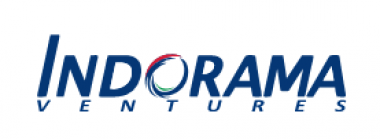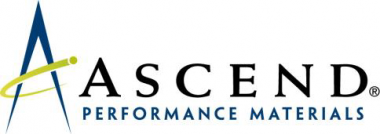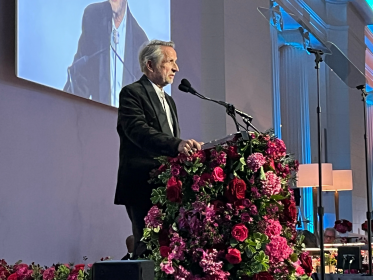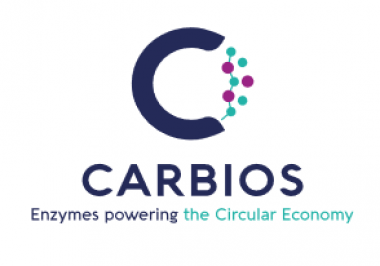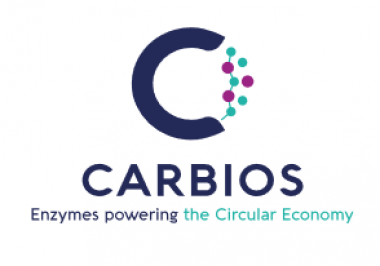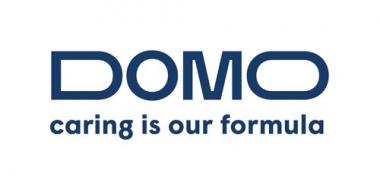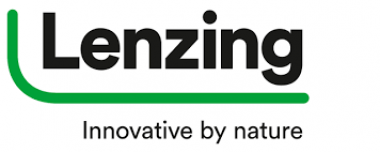Oerlikon to Acquire Riri
- Building Leadership Position in Luxury Market
Oerlikon announced that it has signed a definitive agreement to acquire Riri, a leading provider of coated metal accessories for the luxury fashion industry. This transaction marks a milestone in Oerlikon’s growth strategy and diversifies Surface Solutions’ offerings and market access. The transaction is expected to close in the first quarter 2023, subject to regulatory approvals and standard closing conditions.
“Riri is highly complementary to our existing luxury business and will reinforce our fashion jewelry and metallic components for leather goods. It is the ideal next step after our acquisition of Coeurdor in 2021 and will make us a market leader and an integrated provider with a complete offering of coated luxury metalware for high-end fashion brands,” said Michael Suess, Executive Chairman, Oerlikon. “The acquisition will drive cross-selling and strengthen our footprint in the global luxury metalware market, which sees mid- to-high single-digit growth rates annually.”
“Our portfolio, particularly in zippers and buttons, is an excellent fit to Oerlikon’s strengths in coated metal-based fashion components. Together, we are ideally positioned in Italy and France – the two major European fashion hubs – and can provide a complete offering to fashion customers,” said Renato Usoni, CEO, Riri. “We are excited to join Oerlikon as it will allow us to accelerate the luxury goods industry’s sustainability transition to greener technology by applying technologies such as Oerlikon’s PVD1.”
Riri, headquartered in Mendrisio, Switzerland, is a market leader in metal accessories manufacturing, with a wide product range and unique offering. The company supplies global leading brands in the luxury fashion industry and has a strong foothold in the Italian luxury market. The company has more than 1 100 employees and expects to generate sales of EUR ~170 million (CHF ~165 million) in 2022.
1 PVD, or physical vapor deposition, coating is a thin-film coating solution that is more environmentally friendly than traditional processes such as chrome plating.
Menabo for Riri










